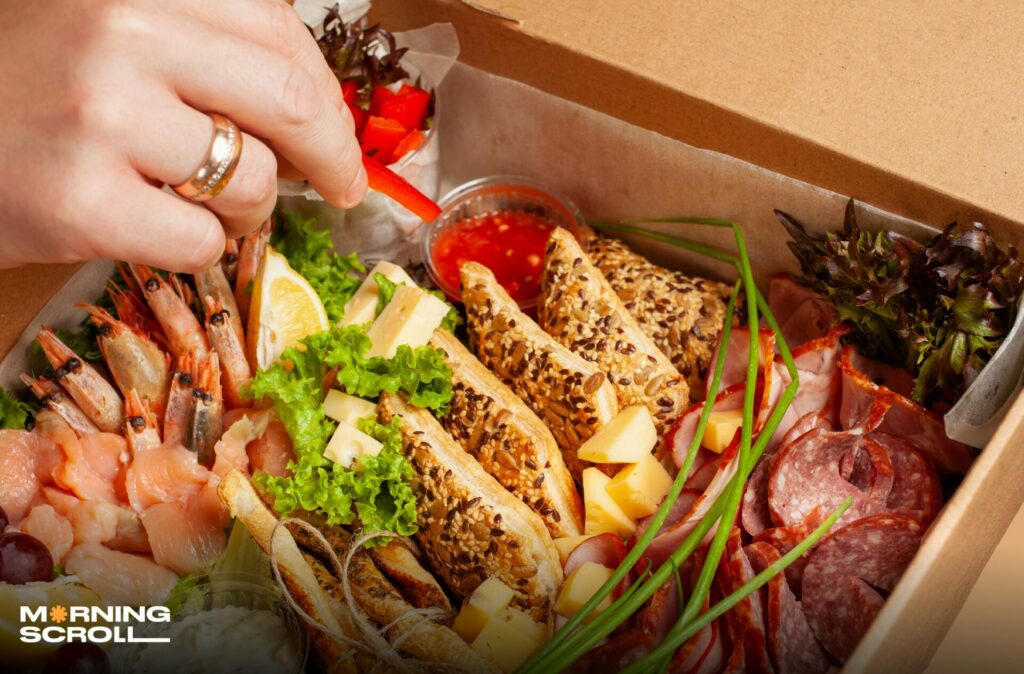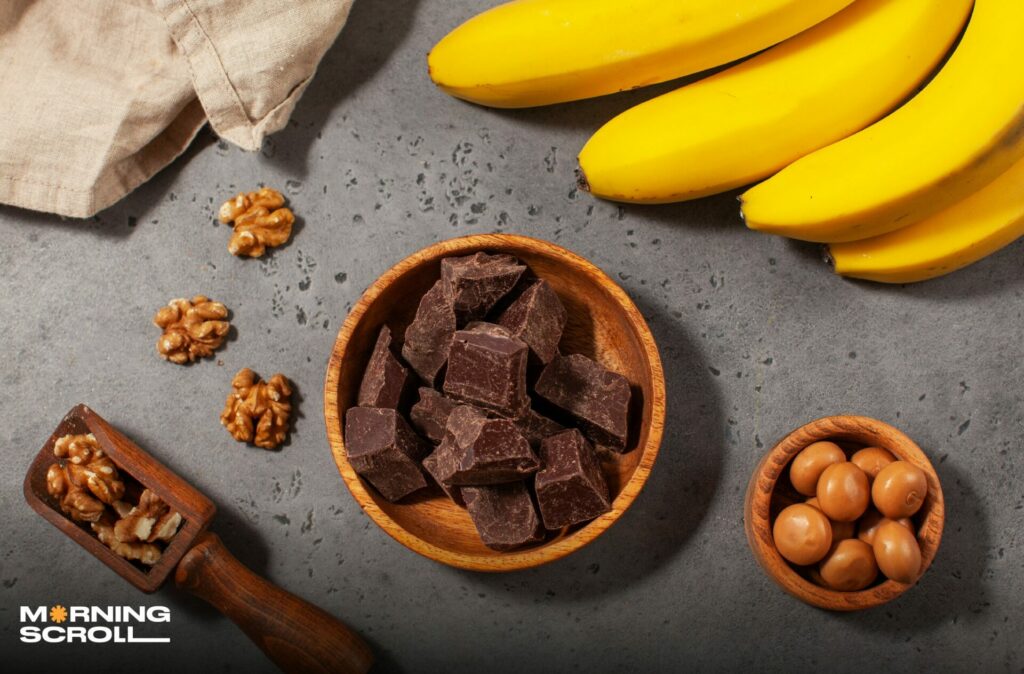You’ve just landed in a new city, the thrill of adventure buzzing in your veins, but there’s one hitch—you feel like your body is stuck somewhere between here and 35,000 feet up. Jet lag is the sneaky little thief that robs you of precious time on your trip, leaving you groggy, cranky, and out of sync with the world around you. But what if the key to beating it wasn’t just in your sleep schedule, but on your plate?
Forget the sleeping pills and blackout curtains, let’s talk about how what you eat can make or break your fight against jet lag. Yes, food. The right choices can help your body adjust faster, keep you energized, and make sure you hit the ground running instead of dragging your feet.
The Pre-Flight Plan

Long before you fasten your seatbelt, you can start preparing your body for the time warp. Begin with hydration, lots of it. Flying is dehydrating, and dehydration only makes jet lag worse. Skip the salty snacks and caffeine, which can leave you even more parched. Instead, opt for water-rich foods like cucumbers, oranges, and leafy greens. These help keep your cells hydrated and ready to tackle the dry air at 30,000 feet.
In-Flight Fuel

Airplane food isn’t exactly known for its culinary excellence, but what you eat on board can make a huge difference. Avoid heavy, fatty meals that sit like a brick in your stomach. Instead, pack a light meal or snacks that are high in protein and complex carbs, think salad with grilled sweet potato, chicken or a nut and seed trail mix. These foods provide a steady release of energy, helping you avoid the crash that comes with sugary snacks and simple carbs.
And don’t forget about timing. If you’re flying overnight, try to eat a meal that aligns with your destination’s dinner time. This helps trick your body into adjusting its internal clock.
Arrival Revival

You’ve touched down, and now the real challenge begins—resetting your body to local time. Your first meal is crucial. If it’s morning, reach for foods rich in protein to kickstart your metabolism and wake up your system. Eggs, yogurt, or a smoothie with spinach and berries will do the trick. If you’ve landed in the evening, go for something light and easy to digest, like a broth-based soup or a salad with lean protein. This will help your body wind down and prepare for sleep.
Natural Sleep Aids

Certain foods can help you sleep better, which is key to overcoming jet lag. Bananas, almonds, and cherries are packed with melatonin and magnesium, both of which promote relaxation and a good night’s rest. A cup of herbal tea like chamomile or valerian root can also do wonders.
Local Flavor, Local Time

As you settle into your destination, embrace the local cuisine and eat according to local meal times. This not only helps you acclimate faster but also gives you a richer experience of the culture. Whether it’s a late-night tapas in Spain or an early morning pho in Vietnam, eating when the locals eat is a delicious way to help your body adjust.
The Bottom Line
Jet lag doesn’t have to ruin your travels. With the right nutrition, you can give your body the fuel it needs to power through the time change. So next time you pack your bags, don’t forget to pack some healthy snacks and a solid meal plan.


